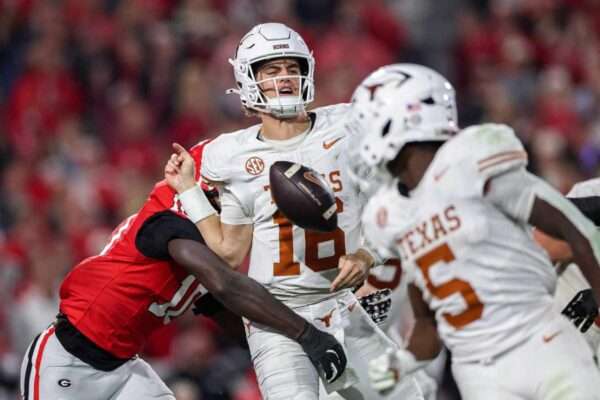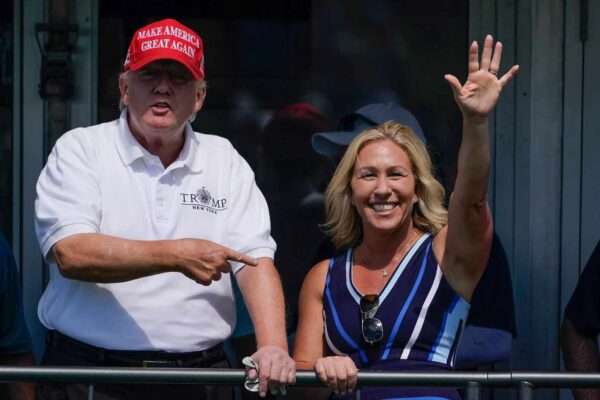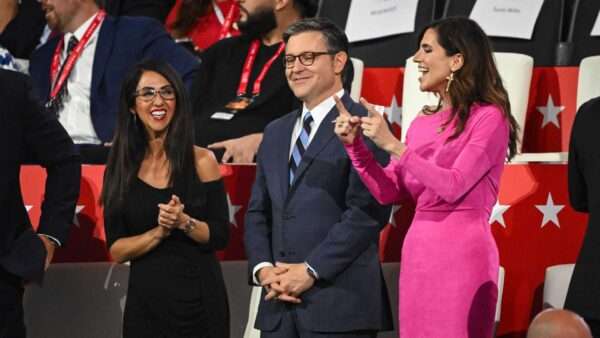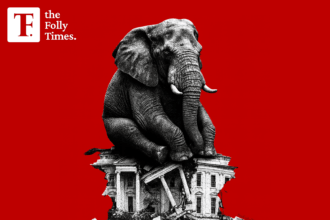The Teamsters Union, one of the most influential labor organizations in the U.S., has announced a presidential endorsement process modeled after the Electoral College. This decision has sparked debate among its members, with some praising the system and others questioning its fairness. While the union’s leadership claims the process is democratic, many members argue it may not truly reflect their voices.
“Most Inclusive Process” in Teamsters’ History?
Teamsters General President Sean M. O’Brien proudly described the new approach as the most “inclusive, democratic, and transparent” in the union’s 121-year history. According to O’Brien, the leadership has worked to ensure every member’s voice is considered. However, some members feel differently.
“Larger locals, in politically critical areas, are being given more weight,” said one East Coast member. “It feels like my vote doesn’t count as much because I’m in a smaller local.”
How the Electoral College-Style System Works
Much like the U.S. Electoral College, the Teamsters’ system assigns different levels of influence to various regions and locals based on their size and political clout. Larger locals have more voting power, while smaller ones hold less sway.
The intent is to reflect the union’s diversity, ensuring that regions with more members and greater political significance carry more influence in the final decision.
“We wanted a system that represents all members fairly, but also acknowledges the reality of our political influence,” said O’Brien.
Members’ Reactions: “Is This Fair?”
While some members see the logic in the system, others aren’t convinced. “It’s just like the Electoral College in national elections,” said a Midwest Teamster. “We all know how that turns out—smaller states or regions often get ignored. That’s how I feel right now.”
Another member added, “One member, one vote is what we should aim for. This process makes it feel like some locals matter more than others.”
Critics Call for a Direct Voting System
Many union members are calling for a simpler approach—direct voting, where every member’s vote counts equally. “If we’re talking about democracy, we should go with one member, one vote,” said a vocal critic from the West Coast. “This isn’t real democracy if bigger locals decide everything.”
Some members believe the union’s leadership favors the current system because it aligns with the political dynamics they’re used to.
Leadership Stands by the System
O’Brien and other union leaders defended their decision. They argued that the Electoral College-style system ensures a balance between all locals, while giving necessary weight to regions with greater influence.
“Our political power comes from the members in these larger locals,” O’Brien said. “We’re representing everyone, but we can’t ignore the political realities we face in key areas.”
What’s Next for the Teamsters?
The Teamsters are set to announce their 2024 presidential endorsement on Wednesday. The final decision will reflect the outcome of this weighted voting system. Many members await the decision, wondering if their voices were truly heard in the process.
For some, the system represents a realistic approach to the union’s internal politics. For others, it’s another example of an outdated method that limits true democratic participation.
Key Takeaways
- The Teamsters Union is using an Electoral College-style voting process to decide on a 2024 presidential endorsement.
- Larger locals carry more weight in the decision, while smaller locals feel their votes are less influential.
- Some union members are calling for a one-member, one-vote system, but leadership defends the current approach as balanced.















